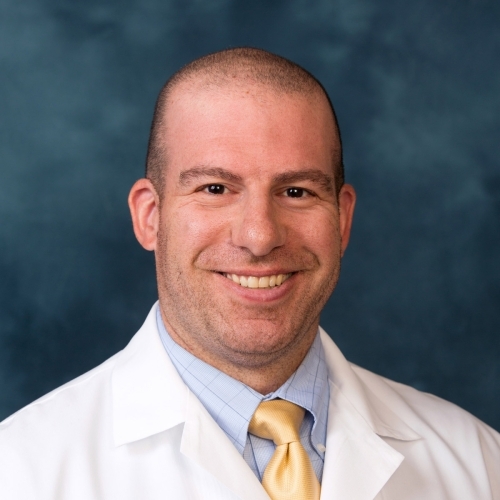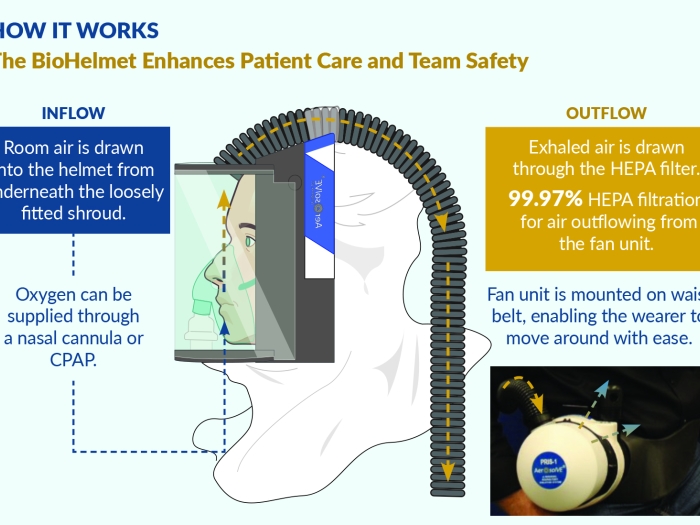
1500 East Medical Center Drive
Ann Arbor, MI 48109
Available to mentor

Dr. Bassin joined the faculty of Department of Emergency Medicine in 2009 after completing residency training at the University of Cincinnati where he served as Chief Resident. His academic interests include improving the quality, delivery and standardization of care to critically ill patients, advanced airway interventions, and the intersection of medicine and smart design. He spends has a focus on lean healthcare facility design which utilizes process improvement and workflow optimization to maximize the effectiveness of the built environment. He was an integral member of the planning, design and implementation team for the first ED ICU in the country, the U-M Emergency Critical Care Center (EC3), where he now serves as the Director. He is one of less than ten physicians in the country to hold the Evidenced-Based Design Accreditation and Certification (EDAC) from the Center for Healthcare Design. He currently serves as the Director of EC3, Associate Medical Director for Critical Care Transport and the Associate Service Chief for the Department of Emergency Medicine. In these roles, he has an established track record of administrative leadership in process improvement, optimization of the delivery of ED-based critical care, quality assurance, risk mitigation, and throughput optimization utilizing lean-based strategies.
Administrative Contact
Cindy Trafford
[email protected]
linkedin Weil Institute for Critical Care Research and Innovation
-
Michigan Medicine Leadership AcademyMichigan Medicine, Ann Arbor, MI, 2019
-
Managing to LearnMichigan Medicine, Michigan Quality System, 2017
-
Patient Safety and Quality Leaders Course (PASQUAL)University of Michigan, Department of Learning Health Sciences, 2016
-
Medical Education Scholars ProgramUniversity of Michigan, Department of Learning Health Sciences, 2011
-
Institute for Medical Simulation Comprehensive Instructor's CourseHarvard University, Boston, MA, 2010
-
Emergency Medicine ResidencyUniversity of Cincinnati Medical Center, Department of Emergency Medicine, 2009
-
Chief ResidentUniversity of Cincinnati Medical Center, Emergency Medicine, 2009
-
Lean Healthcare CertificationCollege of Engineering InterPro Center for Professional Development, Ann Arbor, MI
-
Evidence Based Design Accreditation and Certification (EDAC)Center for Healthcare Design, Washington DC
-
Extracorporeal Membrane Oxygenation (ECMO) Basic Level TrainingExtracorporeal Life Support Organization (ELSO), Ann Arbor, MI
-
MDUniversity of Michigan Medical School, 1301 Catherine Rd, 2005
-
BSDivision of Kinesiology, University of Michigan, Ann Arbor, 1998
• The practice of emergency medicine in low-resource pre-hospital austere environments
• Utilizing crisis resource management principles to improve high performance team dynamics
• Factors affecting the granting of entrustment and autonomy to residents
• Developing an ED based ICU novel healthcare delivery platform
• The interface between emergency medicine and critical care and the associated operational and patient care challenges
• The interface of design and healthcare and how design thinking can improve process delivery, patient care, safety and outcomes
-
Shah S, Mack K, Bassin B. Planning for Higher Education, 2024 Sep 30; 5 (24): 1 - 11.Journal ArticleMaster Planning for Tripartite Missions: Academic Medical Centers Must Focus on Healthcare, Education and Research
-
2024 May 14;PresentationMastering the Art of Career Pivoting- Your Path to Success
-
2024 Mar 10;PresentationNovel Healthcare Delivery Innovation-Why we are a Category of One
-
2024 Mar 1;PresentationInnovation and Impact in Emergency Medicine: Novel Approaches to Changing the Healthcare Paradigm
-
2024 Jan 15;PresentationIf the Patient Cannot Come to the ICU, the ICU Will Come to the Patient - Alternative Care Models for the Critically Ill
-
Benson B, Belle A, Lee S, Bassin BS, Medlin RP, Sjoding MW, Ward KR. BMC Anesthesiol, 2023 Sep 22; 23 (1): 324Journal ArticlePrediction of episode of hemodynamic instability using an electrocardiogram based analytic: a retrospective cohort study.
DOI:10.1186/s12871-023-02283-x PMID: 37737164 -
2023 Oct 3;PresentationThe Healthcare Innovation Fellow: A Unique Role within University-Industry Partnerships
-
Doan J, Perez S, Bassin BS, England P, Chen C-M, Cranford JA, Gottula AL, Hartley S, Haas NL. J Am Coll Emerg Physicians Open, 2023 Oct; 4 (5): e13036Journal ArticleImpact of emergency department-based intensive care unit on outcomes of decompensating boarding emergency department patients.
DOI:10.1002/emp2.13036 PMID: 37692194

